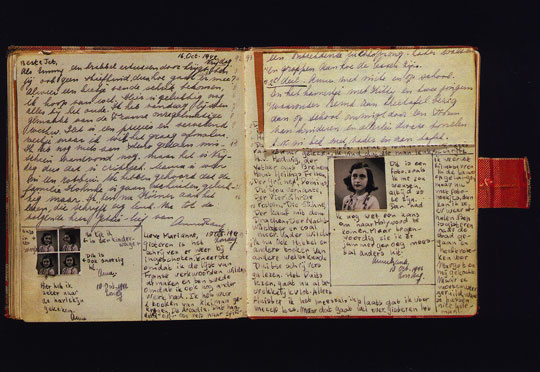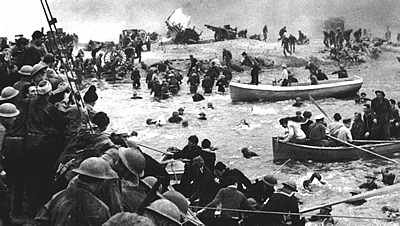Narrative Techniques
 A big test is coming. the written task won`t have piety with those unprepared, so in the meanwhile I will look at the narrative techniques and literary devices to understand better Fatelessness and to be well prepared for the written task that is coming up. Let`s start analysing narrative techniques and in the next entry we will take a look at literary devices.
A big test is coming. the written task won`t have piety with those unprepared, so in the meanwhile I will look at the narrative techniques and literary devices to understand better Fatelessness and to be well prepared for the written task that is coming up. Let`s start analysing narrative techniques and in the next entry we will take a look at literary devices.
Point of view: It answer to the question, Who tells the story? It can be either a main character or secondary character telling his version of the events (first person), it can also be the reader (second person) and it can be the point of view of and outsider (third person).
Narration: It answer to the question, Who is the narrator speaking to? Here we have mainly three ways. The first one is a direct narration where the narrator speaks directly to the reader. It can be an indirect narration, where the narrator just tells the story, wihout focusing on the reader, and we can also have a frame narration, where the author in some way speaks in direct narration but also includes third person.
Speech: It answer to the question, How does the narrator and the characters of a story speak? Here we have direct, where they speak for themselves; free indirect speech, where the characters foughts are explicit and direct; and for the last we have a reported style where the narrator just summarizes what the characters said.
Tense: it answer to the question, when did the events of a story happen? To answer this we need to look at Tense. We can see then that it can be past, where they remember and tell something ocurredt in a past time. In present where the action is going on and the narrator is as surprised as the reader about what is happening. And for the last we have future, where the story is about something that is going to happen.
Apart from the mentiones above, there are many ways for the writter and the narrator to express their message and entertain the reader, wich include:
Flashback: it consists in making a scene where it goes to the past to remember something that happened.
Foreshadowing: It consist on giving away clues about what will happen in the future
3rd person omniscient:With this tecnique, that uses an omniscient narrator, it is possible to tell many characters thoughts.
Dual Narrative: it tells stories from two different perspectives, with the objective that the reader can have more point of views and therefore understand better the situation

























